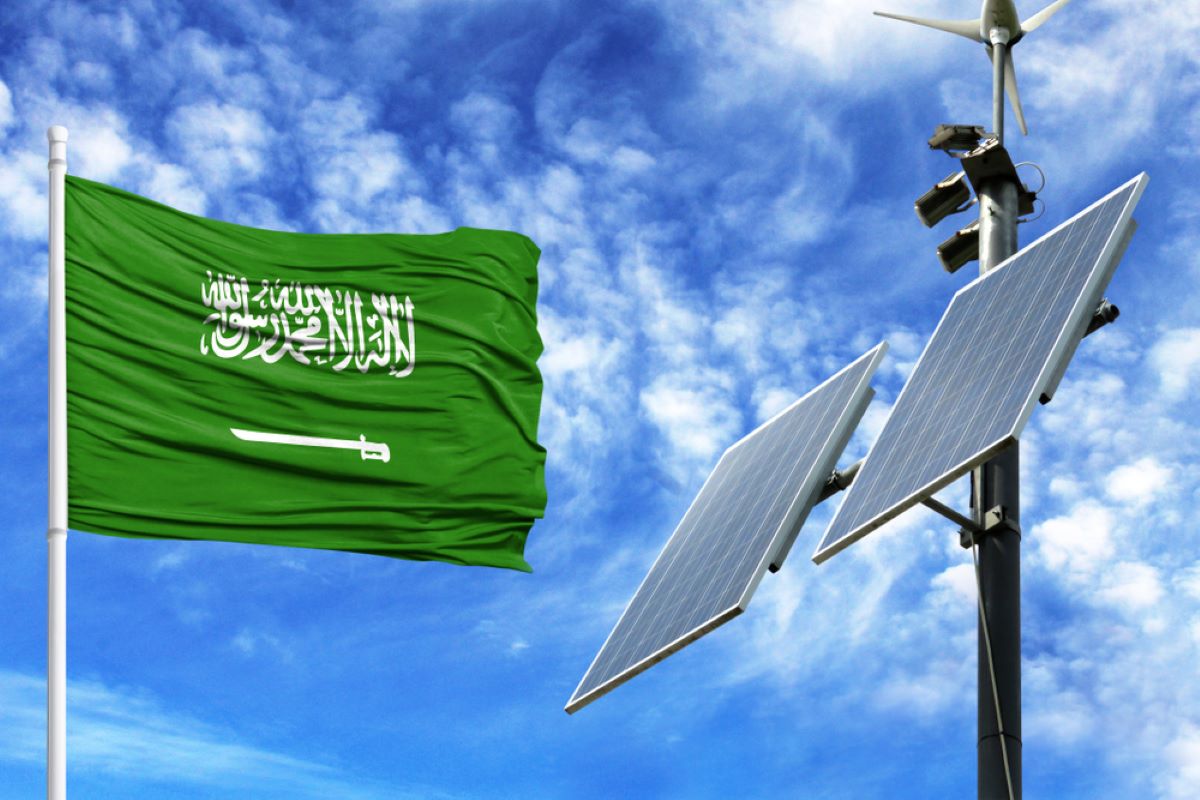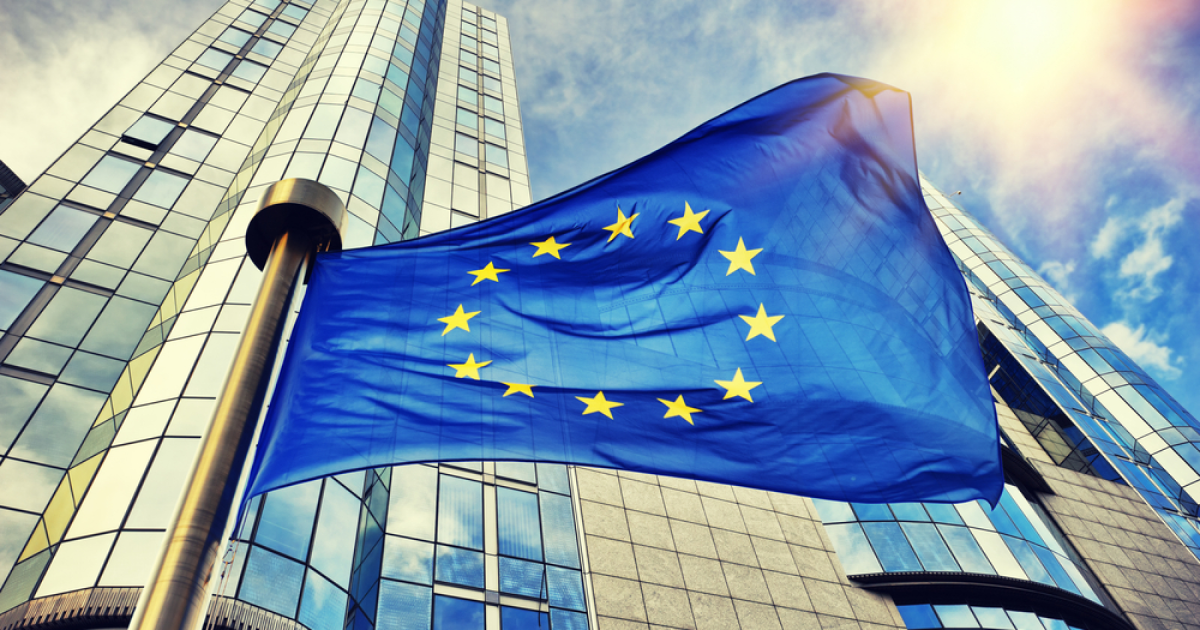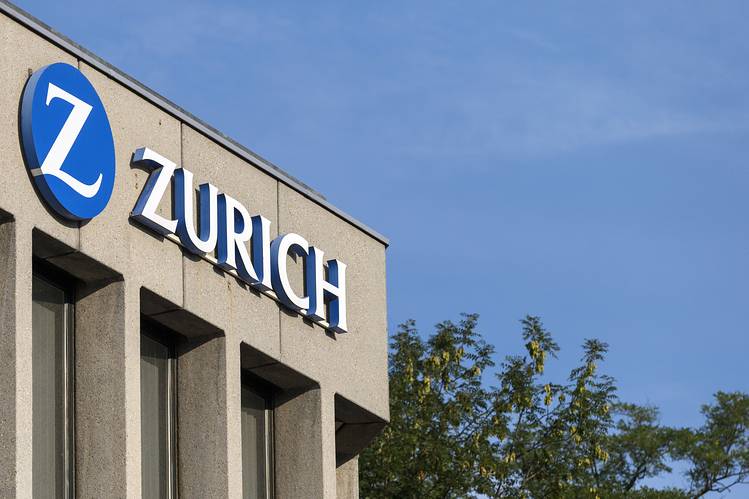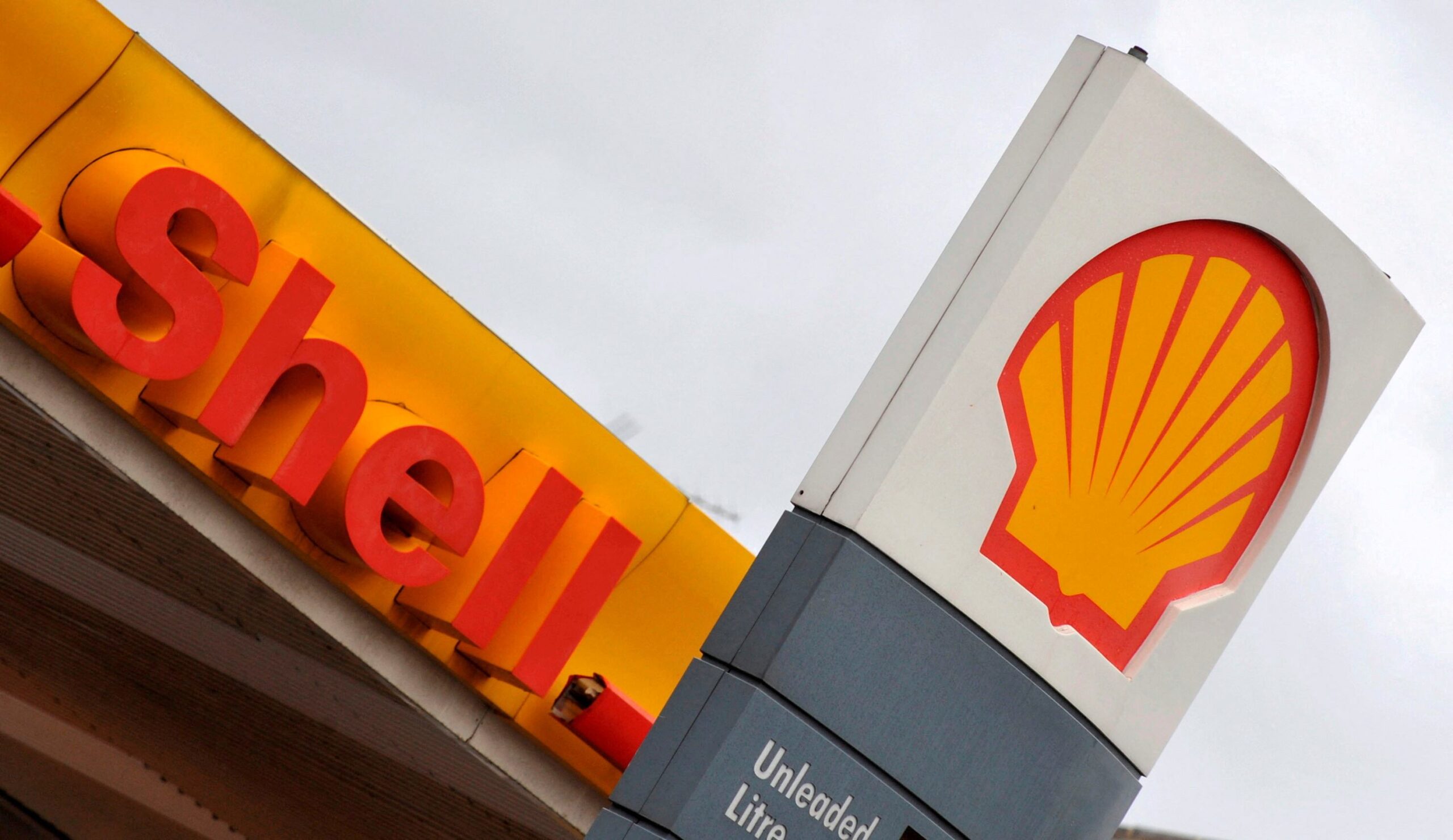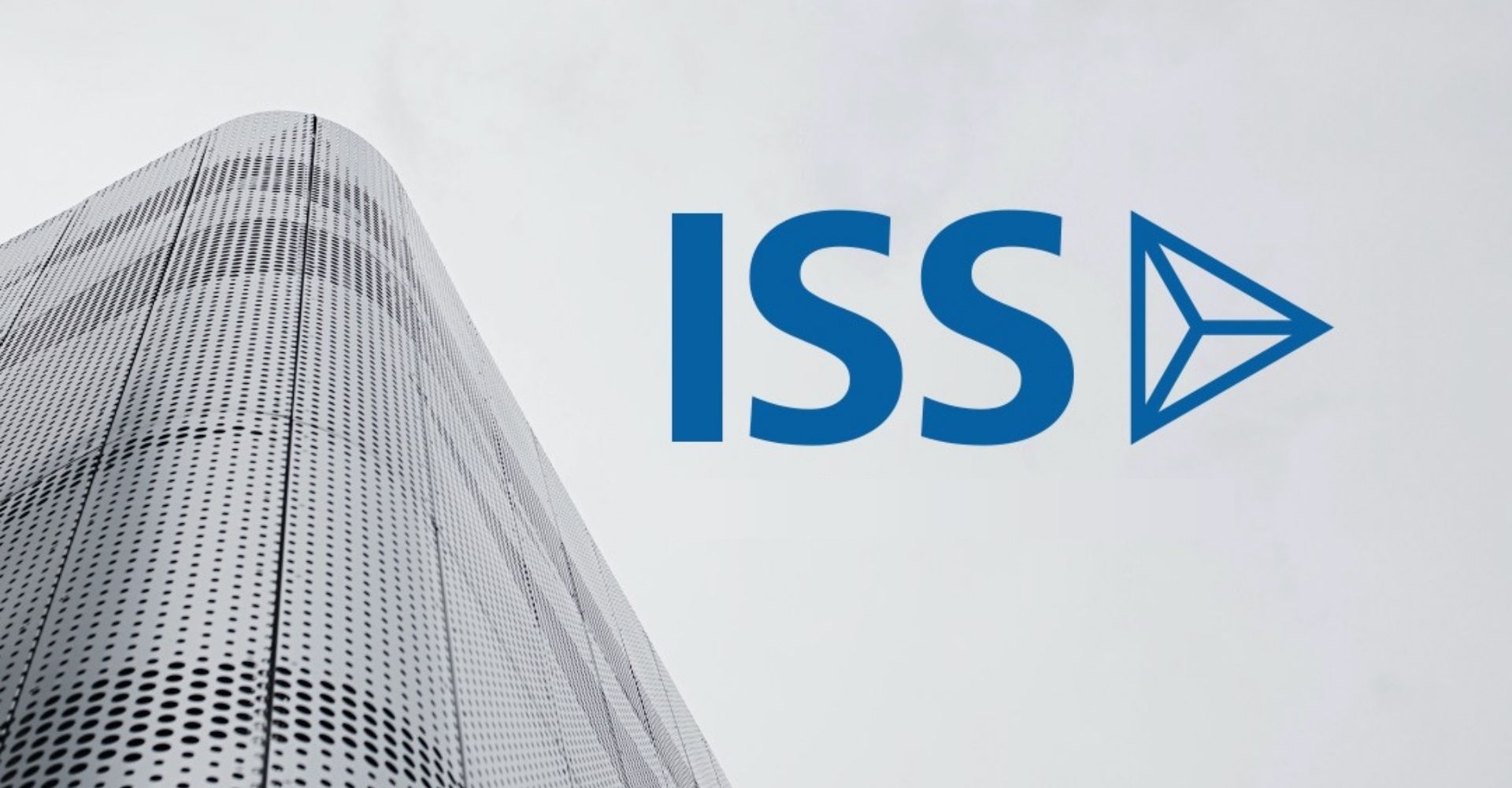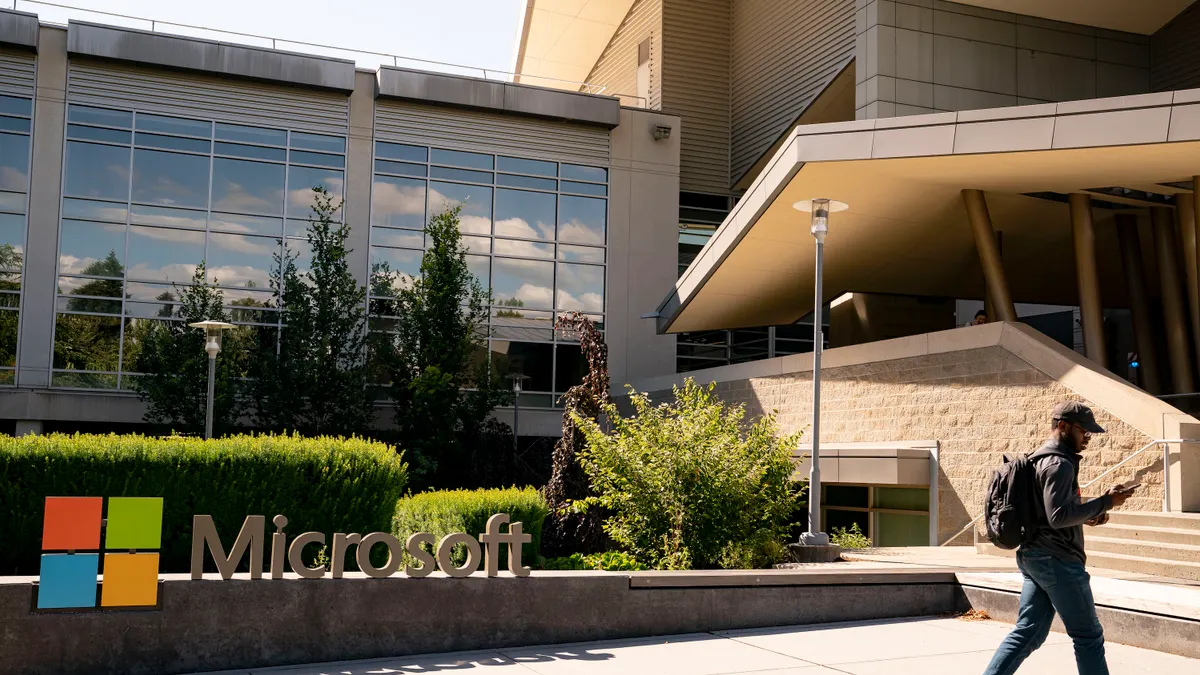Boeing Fuels Australia’s SAF Future with Strategic Investment
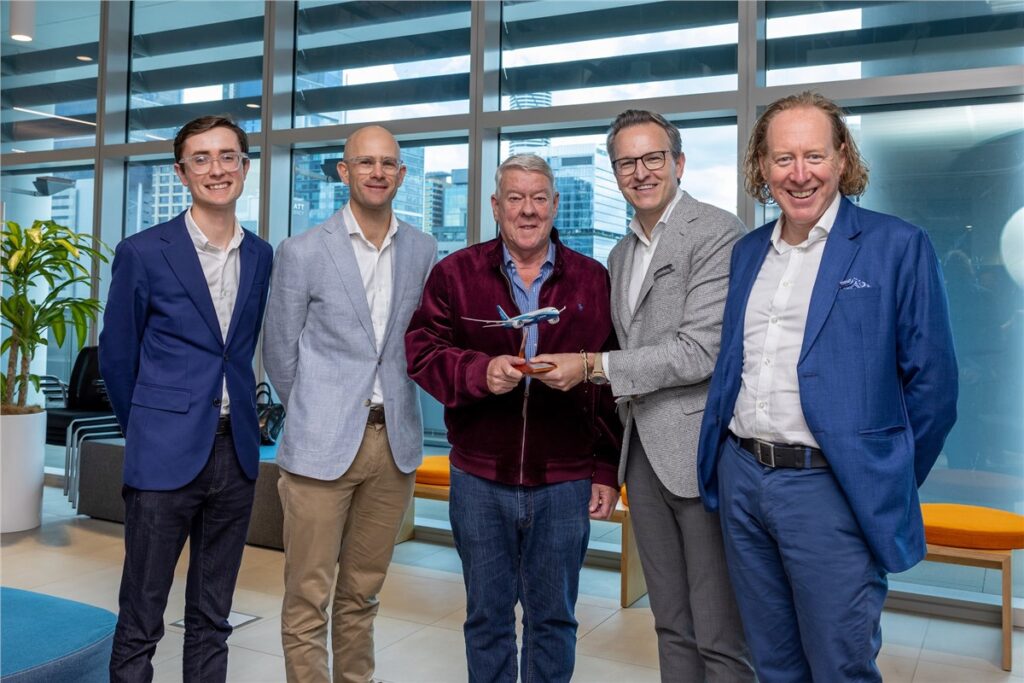
|
Listen to this story:
|
- Boeing’s investment in Wagner Sustainable Fuels boosts Australian SAF production, advancing aviation decarbonization.
- The Brisbane SAF facility will enhance Australia’s fuel security and create local jobs.
- Boeing’s collaboration with Wagner and LanzaJet positions Australia as a leader in sustainable aviation fuel innovation.
Boeing [NYSE: BA] is reinforcing its commitment to sustainable aviation by investing in Wagner Sustainable Fuels’ new production facility in Brisbane. This strategic move aims to significantly boost Australia’s supply of sustainable aviation fuel (SAF) and contribute to the global effort to decarbonize aviation by 2050.
Accelerating SAF Production
“Accelerating local SAF supply enables Australia’s own climate goals and supports the global commercial aviation industry’s commitment of net zero CO₂ emissions by 2050,” said Kimberly Camrass, Boeing’s sustainability lead for Australia and New Zealand. Boeing’s investment supports the development of Wagner’s SAF refinery, a project that not only advances local production but also strengthens Australia’s energy independence. Currently, Australia imports 90% of its liquid fuel, including jet fuel, with demand expected to rise by 75% by 2050.
Partnerships for Progress
Matt Doyle, CEO of Wagner Sustainable Fuels, emphasized the significance of the collaboration: “Our partnership with Boeing to advance the Wagner SAF refinery in Brisbane is a commitment to proactively grow the SAF industry in Australia.” The Brisbane facility will be Australia’s first fully integrated SAF production site, converting waste into sustainable fuels using innovative waste-to-SAF technology.
Leading the SAF Charge
“This project allows Australia to continue to stand out as a leader in SAF,” noted Jimmy Samartzis, CEO of LanzaJet. The Brisbane refinery will leverage LanzaTech’s carbon recycling technology, further positioning Australia as a key player in the global SAF landscape. Andrew Parker, Chief Sustainability Officer at Qantas, added, “Domestic SAF production will be critical to decarbonizing the aviation industry and Australia meeting its emissions reduction targets.” Qantas aims to use 10% SAF by 2030, with significant investments in Queensland biofuel production.
Related Article: IAG and Repsol Secure Largest SAF Deal in Spain
Strategic Impact
Boeing’s investment in the Wagner SAF facility is more than just financial backing; it is a strategic step towards achieving both local and global sustainability goals. The initiative will create jobs, enhance fuel security, and significantly reduce aviation-related greenhouse gas emissions. As highlighted in the CSIRO and Boeing’s Sustainable Fuels Roadmap, this project is essential for meeting commercial demand while ensuring regional fuel security and supporting Australia’s environmental objectives.

